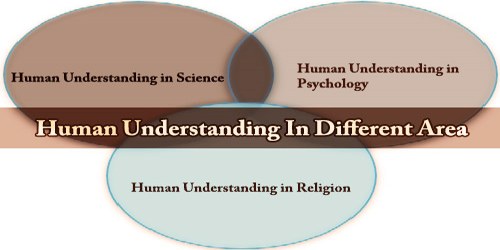Practical reason is the utilization of motivation to choose acceptable behavior. This diverges from hypothetical reason, which is the utilization of motivation to choose what to take after. For instance: operators use commonsense motivation to choose whether to construct a telescope, yet hypothetical motivation to choose which of two hypotheses of light and optics is the best. Practical reason is comprehended by most savants as deciding an arrangement of activity.
Practical Reason in Philosophy
















